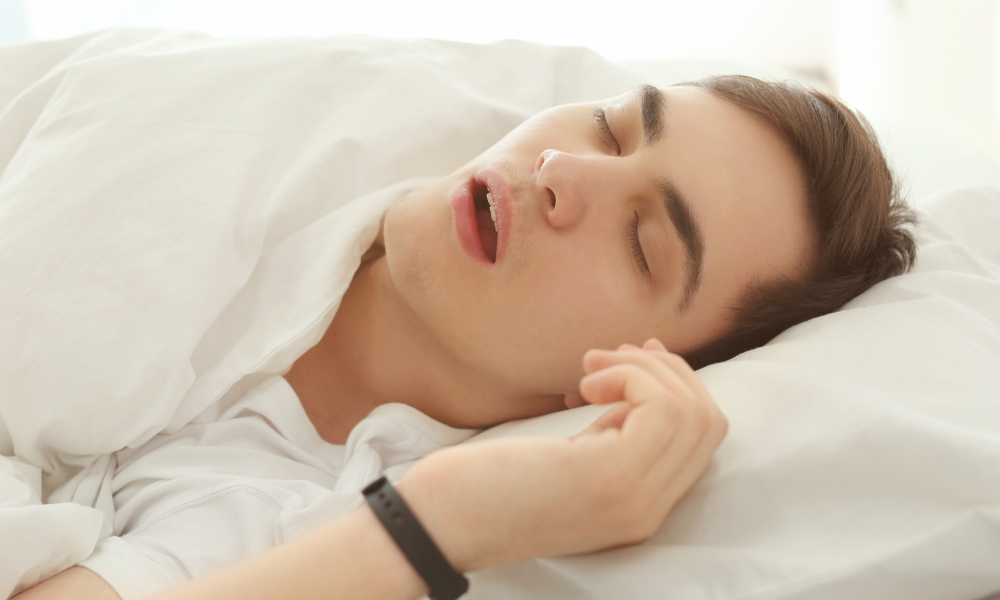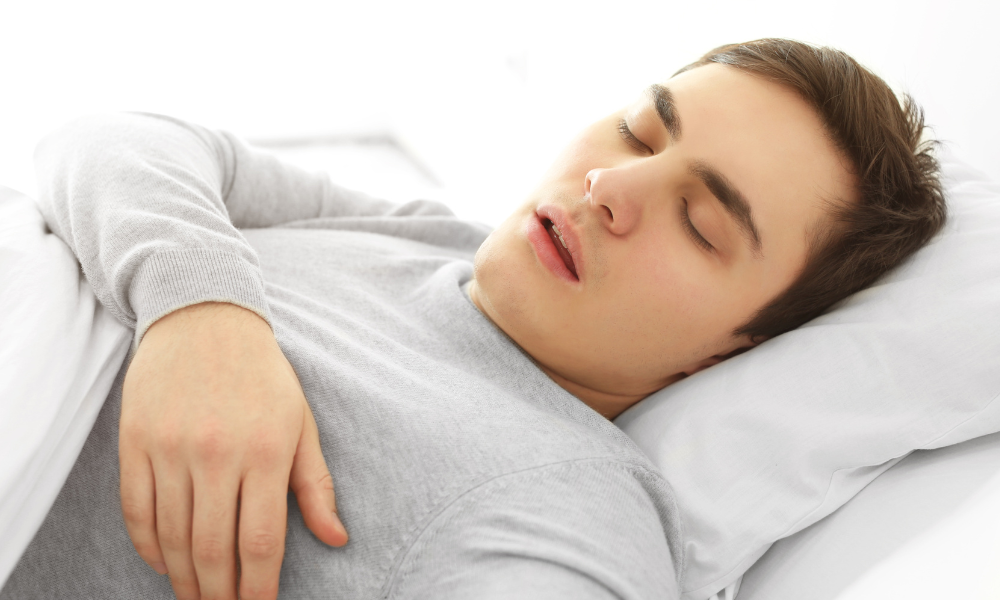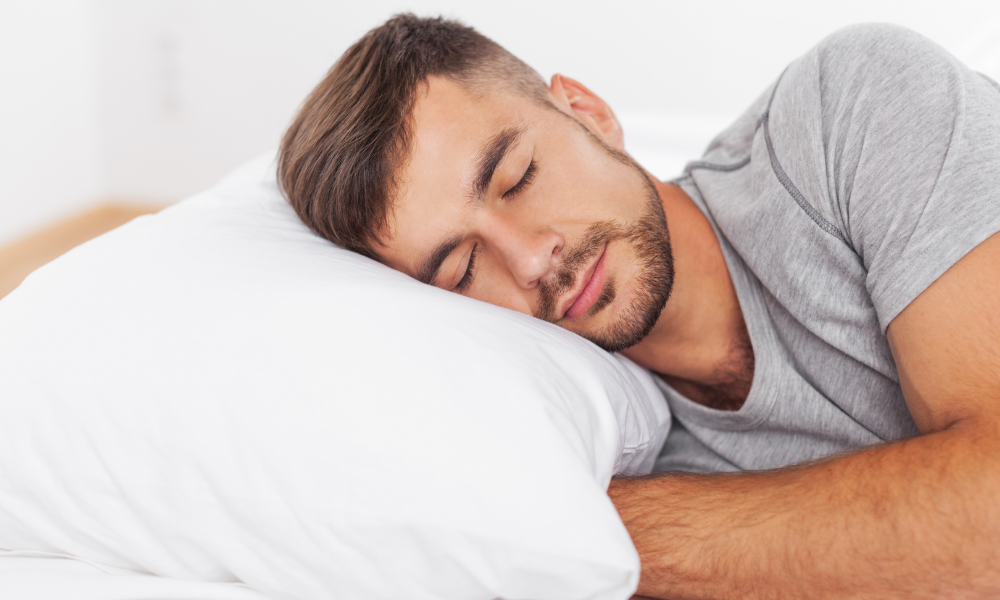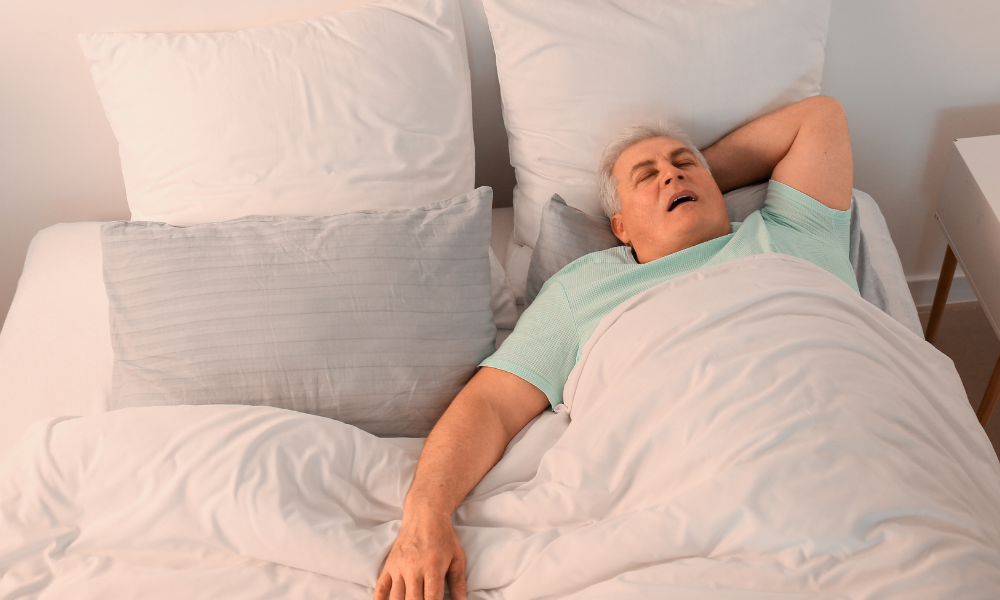
Sleep apnea is a serious sleep disorder that affects millions of people worldwide. If left untreated, it can lead to significant health issues such as high blood pressure, heart disease, and diabetes. Fortunately, there are various treatment options available to manage sleep apnea effectively. Here’s an overview of the most common and effective treatments.
Oral Sleep Appliances
Custom-fitted oral appliances, provided here at Columbia Center for Sleep Apnea & TMJ with Dr. Jared Bloxham, can be an effective alternative for those with mild to moderate sleep apnea. These devices work by repositioning the jaw and tongue to keep the airway open. Benefits include:
- Portability: Easier to travel with compared to CPAP machines.
- Comfort: Many find them more comfortable and easier to use.
Continuous Positive Airway Pressure (CPAP)
One of the most common treatments for obstructive sleep apnea is the use of a CPAP machine. This device delivers a steady stream of air through a mask, keeping the airway open during sleep. Benefits of CPAP therapy include:
- Effective Symptom Relief: CPAP can significantly reduce or eliminate snoring and episodes of interrupted breathing.
- Improved Sleep Quality: Users often experience better sleep and reduced daytime sleepiness.
- Health Benefits: Regular use can lower blood pressure and reduce the risk of cardiovascular problems.
Lifestyle Changes
For mild cases of sleep apnea or as a complement to other treatments, lifestyle modifications can make a significant difference:
- Weight Management: Losing weight can reduce the severity of sleep apnea symptoms in overweight individuals.
- Sleep Position: Sleeping on your side rather than your back can help keep the airway open.
- Avoiding Alcohol and Smoking: Reducing alcohol consumption and quitting smoking can improve symptoms.
Surgery
In severe cases or when other treatments are ineffective, surgical options may be considered. Surgical procedures aim to remove or reduce excess tissue from the throat or to reposition the jaw. Common surgeries include:
- Uvulopalatopharyngoplasty (UPPP): Removes soft tissue from the back of the throat and palate.
- Maxillomandibular Advancement (MMA): Repositions the upper and lower jaw to enlarge the airway.
- Nerve Stimulation: A device implanted in the chest that stimulates the nerve controlling the tongue to keep the airway open.
Conclusion
Sleep apnea is a manageable condition with the right treatment plan. Whether through lifestyle changes, CPAP therapy, oral appliances, or surgery, effective treatment can greatly improve your quality of life and overall health. If you suspect you have sleep apnea or are experiencing symptoms, consult with a healthcare provider to explore the best treatment options for you.











